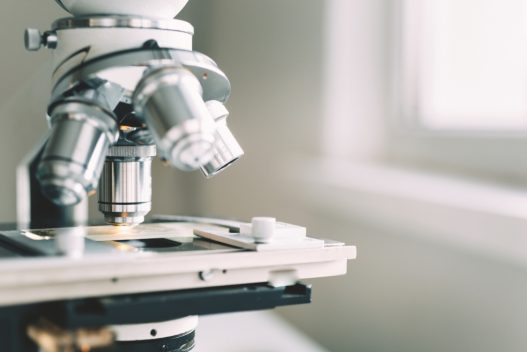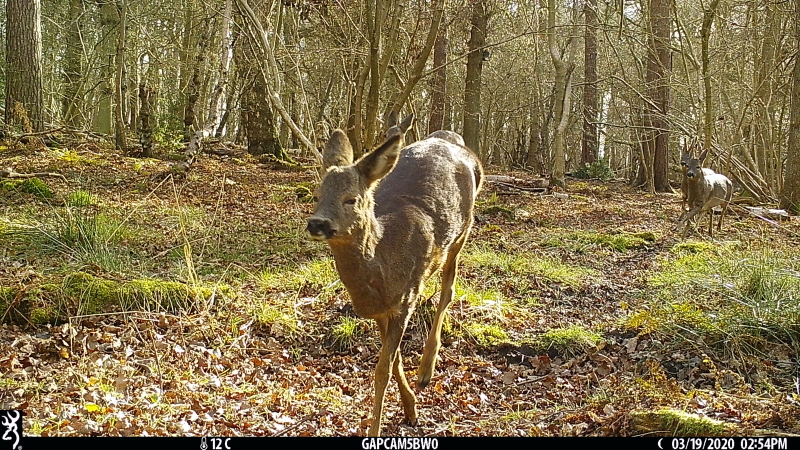Christine Sneddon shares her school's Partnership Grants experience and the skill development opportunities her students have had by carrying out this investigative project. The blog also describes how the project was adapted in light of school closures.

One of the highlights of being a teacher is the opportunity to enthuse pupils about science. This works in the classroom, working through the curriculum. It takes on another dimension in extra-curricular activities. This is where the pupils get the undivided attention and opportunities to explore a scientific problem, to test out their hypotheses in more open-ended experiments. The Royal Society Partnership Grants is a perfect way to introduce pupils to this way of working. They can work with a researcher and ask questions about current scientific research.
Our Partnership Grant was awarded to allow pupils to research the Mpemba effect. This states that hot water freezes quicker than cold water. We began with copies of the paper for each member of the club and discussed the findings. This developed their skills in reading scientific literature.
We were meeting regularly, using digital thermometers to monitor the temperature of water as it froze, and had encouraging results. Then COVID-19 happened. Schools closed, lockdown meant learning was limited to online content and extra-curricular activities were cancelled. This continued even when we returned to the classroom in August. With limited numbers in rooms, and minimising mixing between years, our club - which has members aged 12 – 15, couldn’t run in its original form.
Clearly, we needed to adjust our plans. Luckily the experiments generally use household items, so pupils can continue to practice their skills – measuring cooling curves, attempting to supercool water. One advantage of this period has been that it’s actually easier to contact the pupils. With everyone being a member of the Science Club Team on Microsoft Teams, we can share our results and photos of the experiments. We have also been able to meet with our researcher, Dr Sarah Croke through Zoom to discuss next steps.
I asked the members of the club for their views and they clearly see the value in participating. Martha said "I really enjoy Science Club as I have made lots of new friends and it has given me lots of new opportunities to explore one of my favourite things, Science." Amy declared that "the club is fun, and educational! I’ve learned more about the Mpemba effect."
Their words reminded me of my favourite aspect, listening to young people as they formulate ideas. We can give them suggestions on experiments, but they complete these, then extend their research in another direction. Milly decided to freeze a variety of household substances and wrote up the results. Amy, while trying a cooling curve, decided it would also be useful to record the temperature against time as the kettle heated the water – and was surprised to see it was a straight line in the interval she measured. This type of open ended thinking is vital in our future scientists. The Partnership Grant offers an opportunity for pupils to engage in the research and experience experiments where we aren’t always sure what the answer will be.
We are hopeful that we can return to the classroom soon, where the pupils can practice their teamwork skills on a final round of experiments. Then they hope to collate the findings to present to their peers. Being part of the Partnership Grants has allowed my pupils to engage in scientific research, work with others and meet real researchers. I’d recommend it for anyone.

